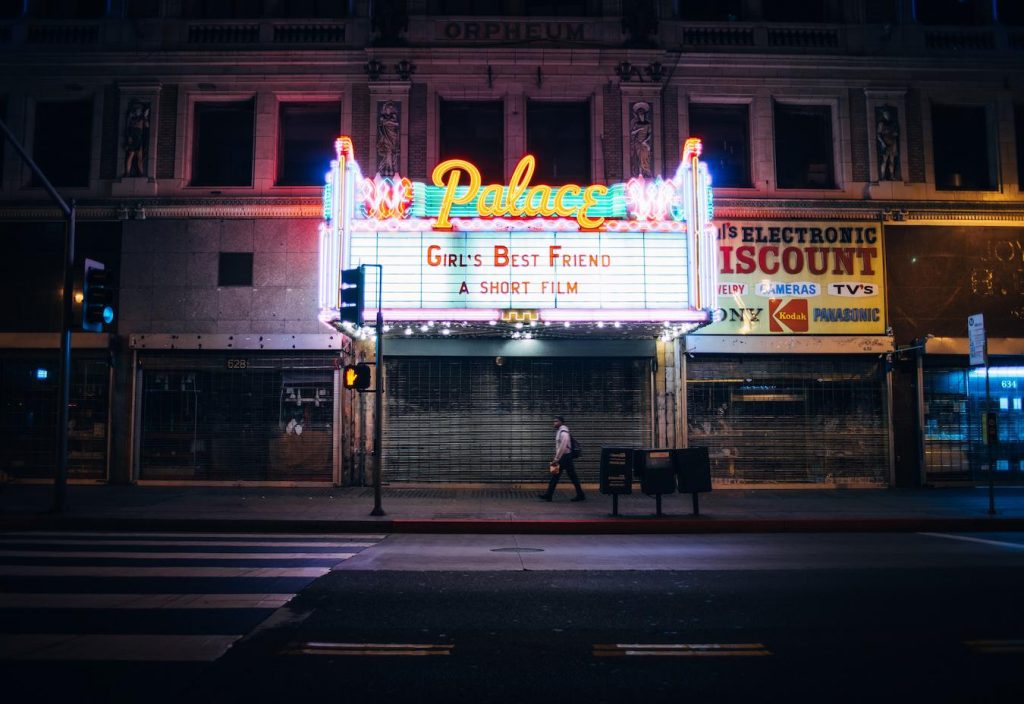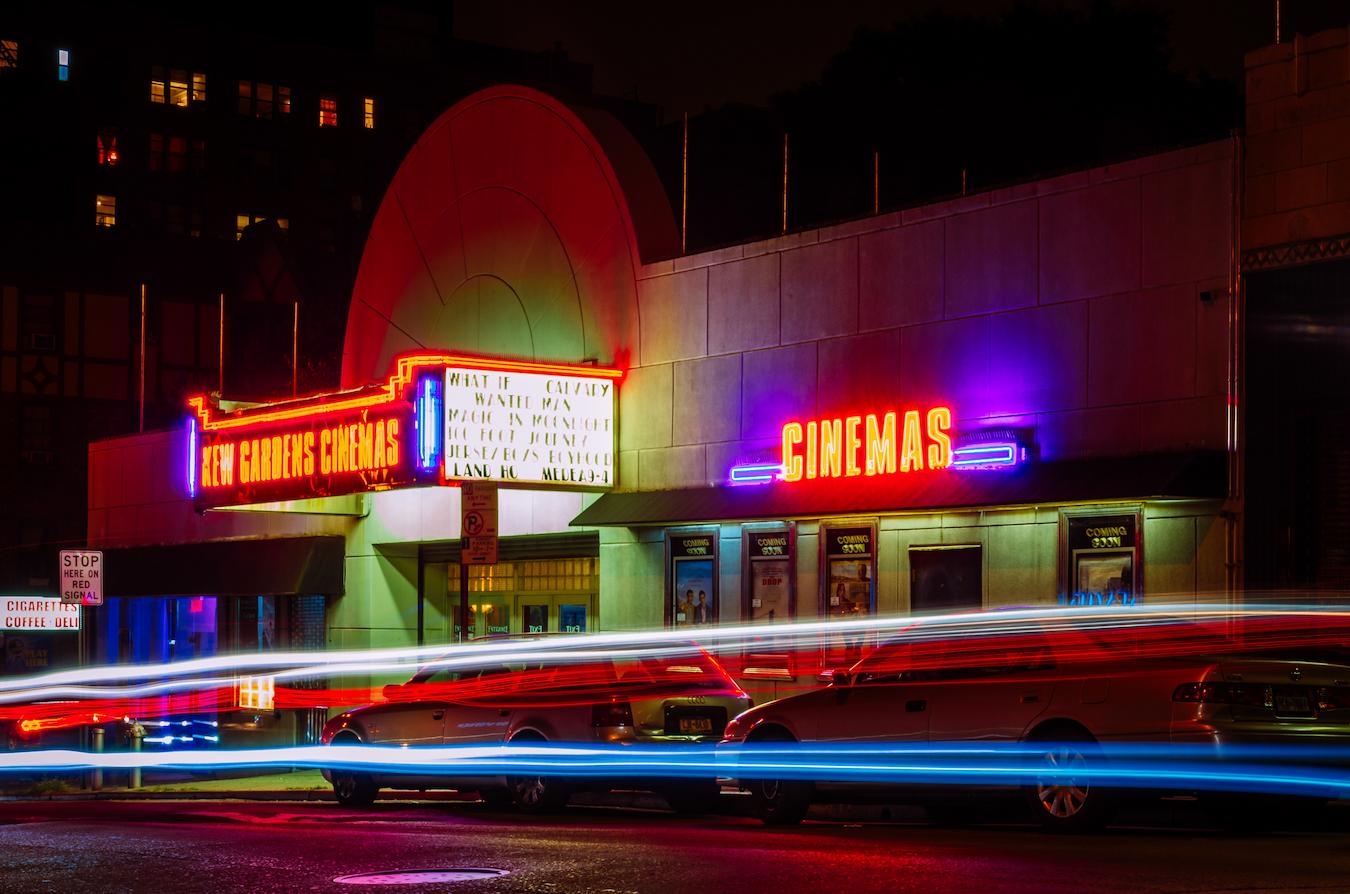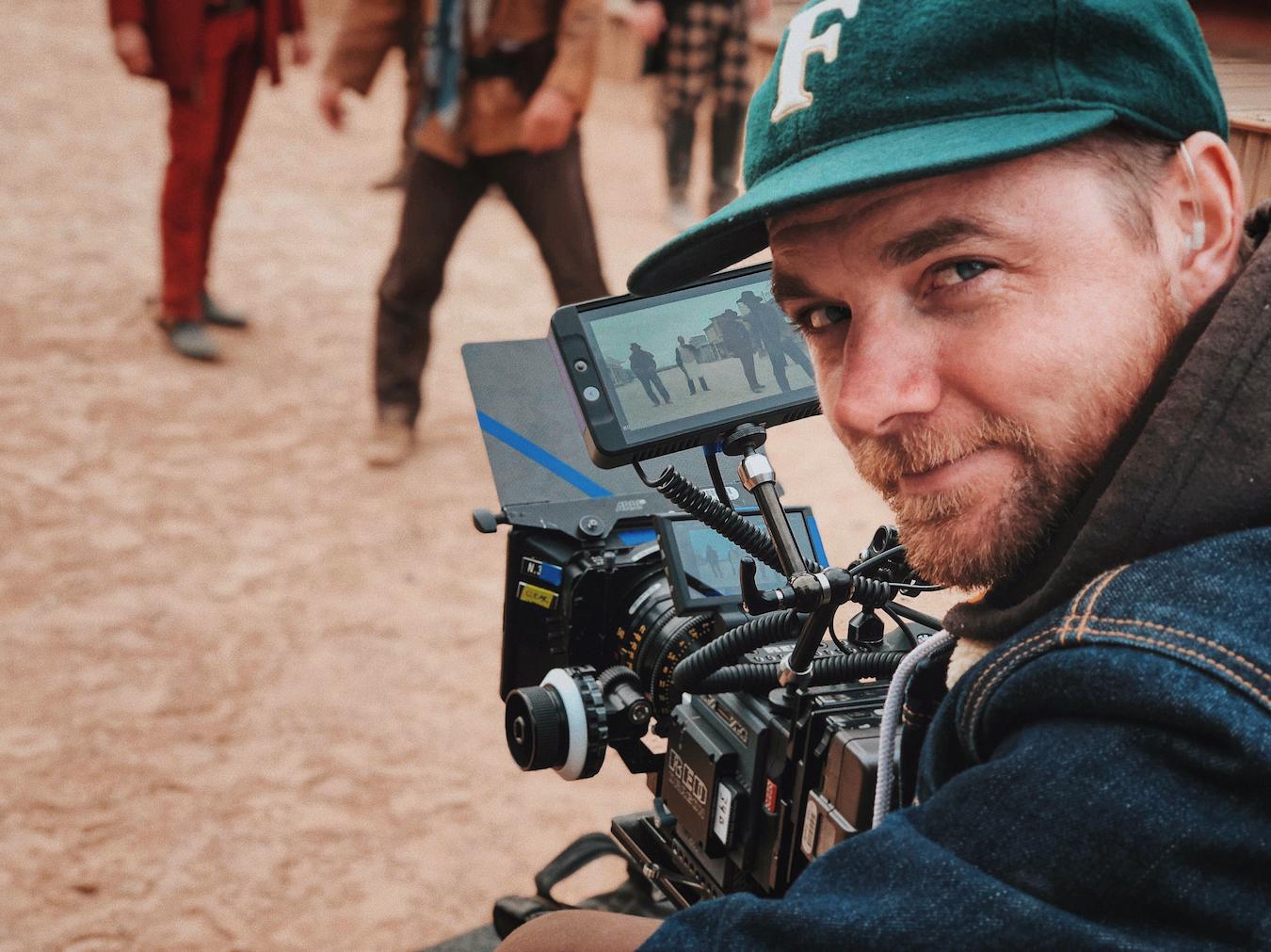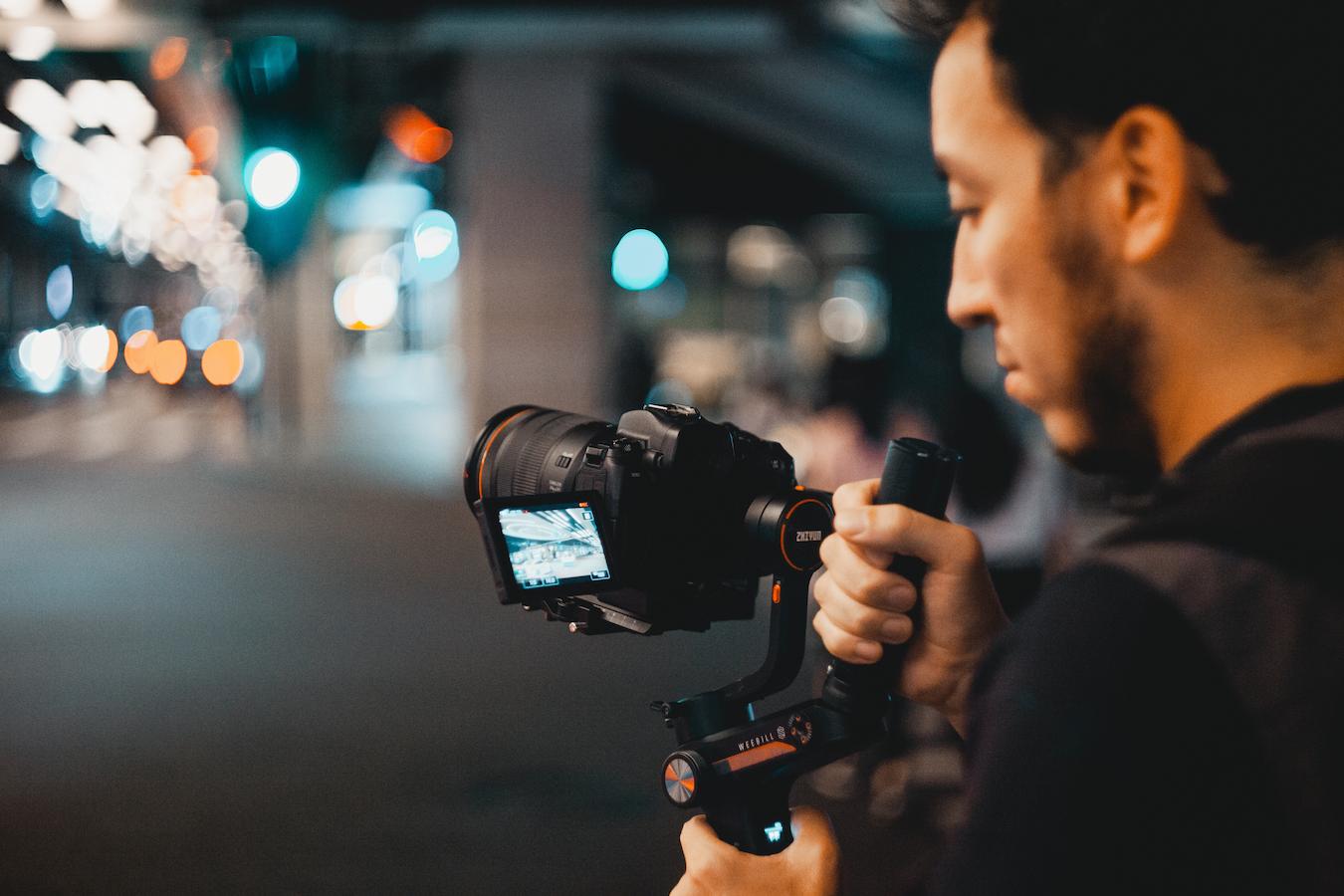When you think of the film industry, you immediately think, “Lights, camera, action!” But that might be all you think about, right?
So how does a film get distributed to a major studio, film festivals, and eventually a theatrical release? The answer to all these questions and more is film distributors.
Film distributors are the crucial connection between film producers and exhibitors. They must be able to identify the film’s target audience.
And they have to come up with creative ways to market the film so it can achieve box office success. You might think you’ve never heard of a film distribution company before.
But get this. A24, Neon, and Magnolia Pictures are all film distribution companies.
They handle the release of a film. And they control the majority of marketing as well as film distribution to specific territories.
So you probably know more film distribution companies than you think. But the responsibilities of a film distributor are a whole other subject on their own.
Interested in learning more? Keep reading.
See Related: How Does the Cinematographer Control Color in a Scene?
#1. Find the right movie

If you’re a film distributor, you first need a film to distribute, right? Well, there’s no better place to find your movie than at film markets.
Film markets are where filmmakers and producers can show their films directly to distributors and sales agents. Sales agents work on behalf of a distribution company to manage distribution deals with producers.
But not all producers work with a sales agent, thus why film markets exist. Most films shown at these film markets are within the developmental stage.
So typically these films are looking for pre-financing before major production can begin. But this is great for film distributors when it comes to securing a deal.
Major studios typically have their own in-house distribution departments. And they will often sign distribution deals before filming.
But if you’re an independent filmmaker, then film markets are the best place for you to get a contract signed before you start production. Working with a distributor beforehand garners you more access to opportunities.
And a producer can better market the film to investors if a distributor is already backing it. Some independent filmmakers still manage to secure a deal after the production itself is complete beginning in the pre-production phase all the way to the final sound editing in a production studio.
So no sweat if this is the case for you! Just consider whether you want to create a distribution strategy before production or after.
Either way, film markets are the place for individual distributors or distribution companies to get the right movie secured under their belt. Then comes the signing of a deal with a film producer or sales agent.
#2. Sign a distribution deal

A distribution deal is what allows the distribution company to buy the rights to distribute the film. Sure, there’s a lot of legal jargon and technical mumbo-jumbo.
But hey, that’s how you secure any project, right? The deal itself will include a variety of details on the project, including, but not limited to:
- How the distributor intends to secure a target audience for the film
- Whether they will require an upfront fee or fees
- What percentage of profit they will take
- Whether they intend to distribute online, video on demand (VOD), and/or through DVD
- Whether they intend to pursue international sales
- Whether they will organize and plan a theatrical release
- What the gross cost of marketing will be
- How the company plans to sell the movie to a theater for its premiere
Every distribution agreement will also include a term length. And this outlines how long the distributor may maintain the rights to the film.
Typically, the term length will be between ten to fifteen years. So there’s a lot of commitment there!
Just make sure that the distributor and producer or sales agents in question are in agreement. Then, it should be smooth sailing from there (fingers crossed).
Bonus: How to Convert Super 8 Film to Digital
#3. Do market research

Once the deal has been squared away, it’s time for the distributor to start researching marketing. Distributors must be able to carefully configure the film’s release whether in theaters, in a foreign territory, at film festivals, or on television.
And they must also schedule the movie premiere at a strategic time. For example, feature films for children typically do best during school holidays.
So buyers (parents) will be more available to take their kiddos to the theater while contributing to overall revenues. But among this research is understanding how to spend expenses on the right audience in mind.
A distributor might have a budget that covers the costs of advertising through social media. Or, they may have a large amount of money to place a cinema trailer for the film in a movie theater.
Marketing will also include poster and billboard expenses. And filmmakers can help to circulate press releases to be distributed to different theaters and festivals.
Any major studio will have the money to pay for all of these advertising fees and more. But an independent filmmaker and distributor may need to come up with more creative solutions to get their media out there.
Still following me here? It’s a lot of information. But that’s why film distributors are so good at what they do.
#4. Release the film

By now, there should be a lot of interest in the film thanks to your marketing and hard work. So it’s time to finally set that budget down and get the release up and running!
This is the moment of truth where you find out whether your ability to sell folks on a movie has paid off or not. It can be quite nerve-wracking.
But that’s the business of entertainment. So give yourself a pat on the back and enjoy the ride for what it’s worth.
“Lights, camera, action!” is only one part of the major undertaking that is creating a movie. But film distributors are the ones who make sure that those lights, cameras, and actions reach audiences far and wide.
Keep Reading: What is Independent Filmmaking?
–
Mack Sennett Studios is a historic full-service photography studio, production sound stage, and private event space in Silver Lake, serving as creative home to the Los Angeles cultural renaissance for the last 100 years. Check us out on Facebook, Twitter, Vimeo, Pinterest, Yelp and Instagram.




